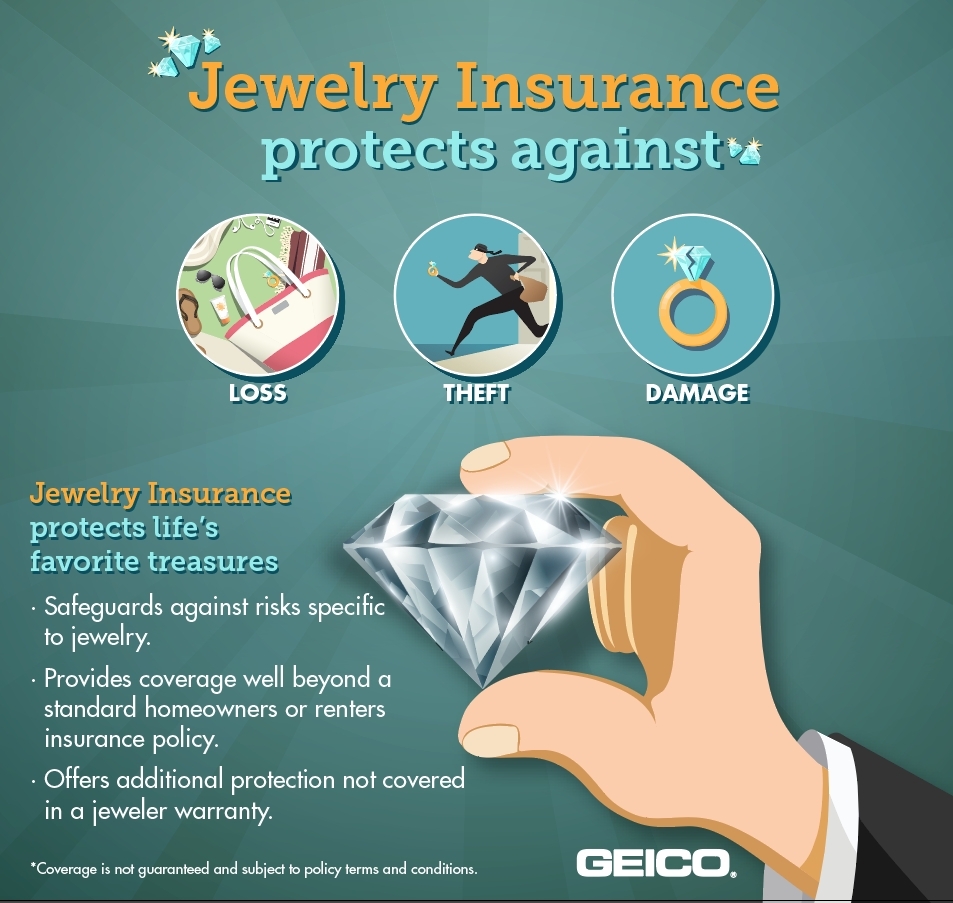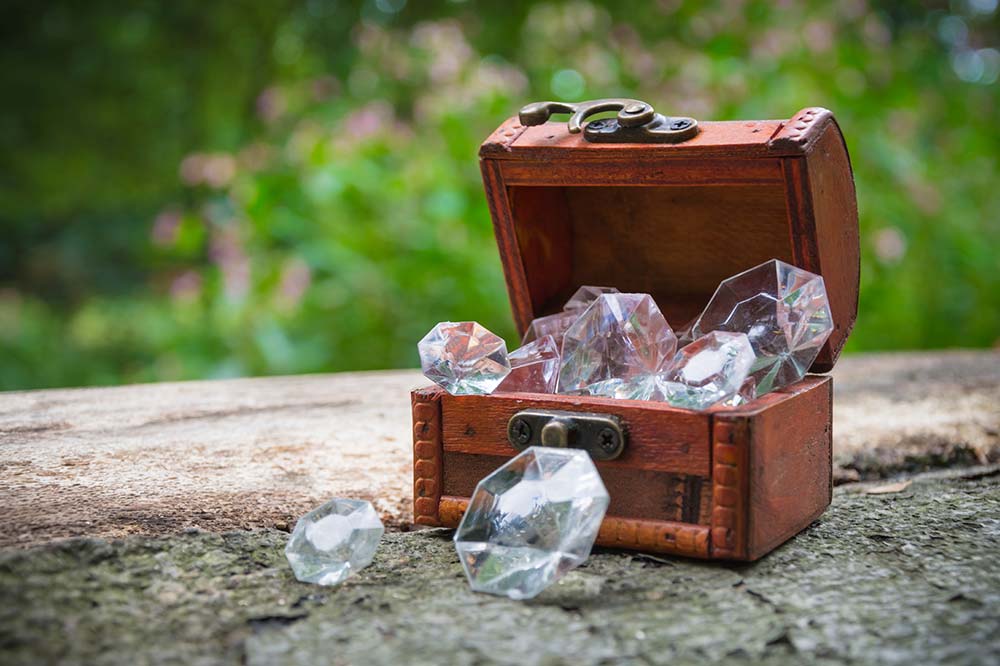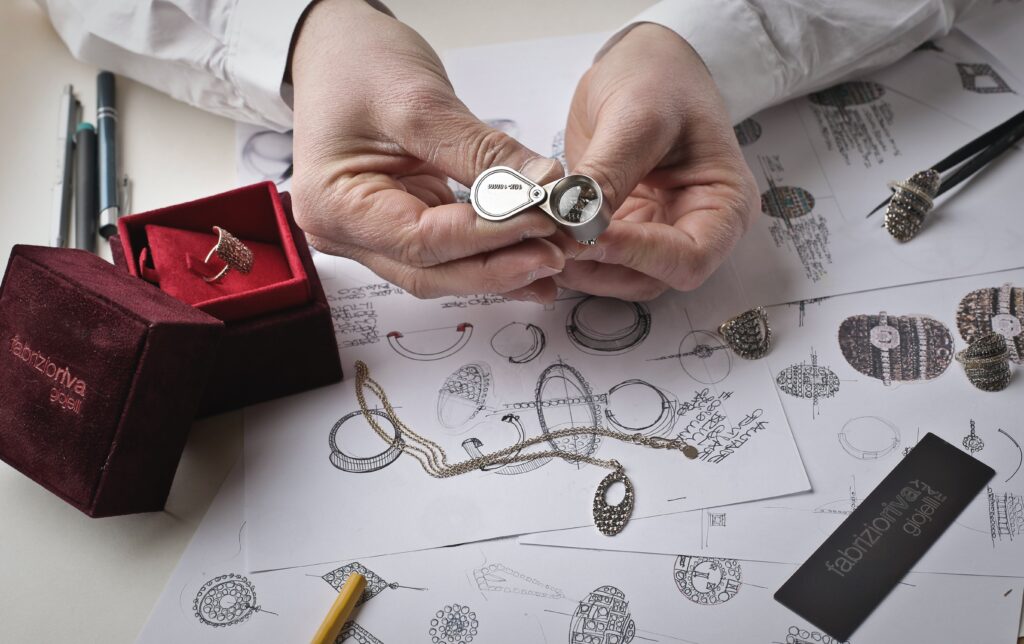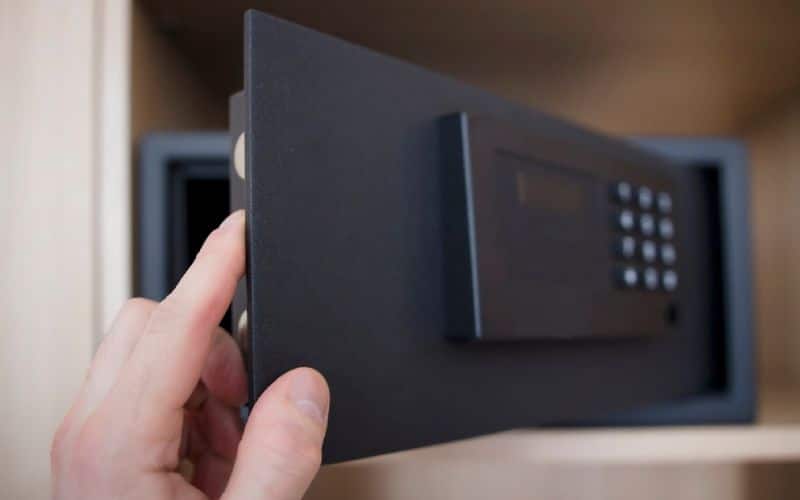Safeguarding Your Treasures: A Comprehensive Guide to Jewelry Insurance
Related Articles: Safeguarding Your Treasures: A Comprehensive Guide to Jewelry Insurance
Introduction
With enthusiasm, let’s navigate through the intriguing topic related to Safeguarding Your Treasures: A Comprehensive Guide to Jewelry Insurance. Let’s weave interesting information and offer fresh perspectives to the readers.
Table of Content
Safeguarding Your Treasures: A Comprehensive Guide to Jewelry Insurance

Jewelry, with its intrinsic beauty and sentimental value, holds a special place in our lives. It represents milestones, memories, and personal style. However, these prized possessions are also susceptible to loss, damage, or theft, leaving us vulnerable to significant financial and emotional distress. This is where jewelry insurance steps in, offering a crucial safety net for your cherished pieces.
Understanding the Fundamentals of Jewelry Insurance
Jewelry insurance is a specialized form of coverage designed to protect your valuable jewelry against unforeseen events. Unlike standard homeowners or renters insurance, which often have limited coverage for valuables, jewelry insurance provides comprehensive protection tailored to your specific needs.
How Jewelry Insurance Works
Jewelry insurance functions similarly to other types of insurance. You pay a premium, typically calculated based on the value of your jewelry, and in return, the insurer agrees to compensate you for losses or damages covered by the policy. The policy outlines the specific terms and conditions, including:
- Coverage: This defines the perils covered by the insurance, such as theft, accidental damage, fire, or natural disasters.
- Deductible: This is the fixed amount you are responsible for paying out-of-pocket before the insurer covers the remaining costs.
- Policy Limits: This sets the maximum amount the insurer will pay for a covered loss.
- Valuation: The insured value of your jewelry, which is typically determined by an appraisal conducted by a qualified professional.
Types of Jewelry Insurance
Jewelry insurance is available in various forms, each with its own set of benefits and limitations. Common types include:
- Stand-Alone Jewelry Insurance: This is a separate policy specifically designed to cover your jewelry collection. It offers the most comprehensive protection and flexibility in terms of coverage options.
- Endorsement on Homeowners or Renters Insurance: This is an add-on to your existing homeowners or renters insurance policy, providing limited coverage for valuables like jewelry.
- Floater Policy: This is a type of insurance that covers specific items, such as jewelry, regardless of location. This option is ideal for travelers who frequently move their valuables.
Factors Influencing Jewelry Insurance Costs
Several factors determine the cost of jewelry insurance, including:
- Value of the Jewelry: The higher the value of your jewelry, the higher the premium.
- Type of Jewelry: Certain types of jewelry, like diamonds, are more expensive to insure than others.
- Coverage Options: The specific coverage you choose, such as theft, accidental damage, or wear and tear, will influence the cost.
- Deductible: A higher deductible will generally result in a lower premium.
- Location: The risk of theft or damage in your geographic location can affect the premium.
Benefits of Jewelry Insurance
Investing in jewelry insurance offers numerous benefits:
- Financial Protection: In the unfortunate event of loss or damage, insurance provides financial compensation to replace or repair your valuable jewelry.
- Peace of Mind: Knowing your jewelry is protected gives you peace of mind and allows you to enjoy your prized possessions without constant worry.
- Coverage for Unexpected Events: Jewelry insurance safeguards against unforeseen events like theft, fire, natural disasters, and accidental damage.
- Protection Against Wear and Tear: Some policies offer coverage for wear and tear, ensuring your jewelry remains in good condition.
- Appraisal and Valuation: The process of obtaining insurance often requires an appraisal, providing a professional valuation of your jewelry.
Choosing the Right Jewelry Insurance
Selecting the right jewelry insurance policy is crucial for ensuring adequate protection. Consider these factors:
- Value of Your Jewelry: Determine the total value of your jewelry collection to ensure sufficient coverage.
- Coverage Needs: Identify the specific risks you want to protect against, such as theft, accidental damage, or wear and tear.
- Policy Limits: Choose a policy with limits that match the value of your jewelry collection.
- Deductible: Determine the deductible amount you are comfortable with, balancing affordability with the potential cost of a claim.
- Reputation of the Insurer: Research the insurer’s reputation for claims handling and customer service.
Tips for Maximizing Your Jewelry Insurance Coverage
- Accurate Appraisal: Obtain a professional appraisal from a reputable gemologist or jeweler to ensure the value of your jewelry is accurately assessed.
- Detailed Inventory: Maintain a detailed inventory of your jewelry, including descriptions, serial numbers, purchase dates, and photographs.
- Secure Storage: Store your jewelry in a secure location, such as a safe deposit box or a fireproof safe.
- Regularly Review Your Policy: Review your policy periodically to ensure it still meets your needs and reflects any changes in the value of your jewelry.
- File Claims Promptly: In the event of a loss or damage, file a claim with your insurer promptly and provide all necessary documentation.
Frequently Asked Questions about Jewelry Insurance
Q: What does jewelry insurance cover?
A: Jewelry insurance typically covers losses or damages caused by theft, fire, natural disasters, accidental damage, and wear and tear, depending on the specific policy.
Q: How do I get my jewelry appraised for insurance purposes?
A: You can contact a reputable gemologist or jeweler specializing in appraisals. They will examine your jewelry and provide a written valuation report.
Q: What documentation do I need to file a jewelry insurance claim?
A: You will typically need a police report (in case of theft), photographs of the damaged or lost jewelry, and the appraisal report.
Q: How long does it take to process a jewelry insurance claim?
A: The processing time for a claim can vary depending on the insurer and the complexity of the case.
Q: What if my jewelry is lost or damaged while traveling?
A: Some jewelry insurance policies offer coverage for losses or damages that occur while traveling.
Q: Can I insure my jewelry if it is a family heirloom?
A: Yes, you can typically insure family heirlooms, but the value may be based on sentimental value rather than market value.
Conclusion
Jewelry insurance provides invaluable protection for your cherished possessions, safeguarding you from financial and emotional distress in the event of loss or damage. By understanding the fundamentals of jewelry insurance, exploring different coverage options, and choosing a reputable insurer, you can ensure that your precious jewelry is adequately protected. Remember, investing in jewelry insurance is an investment in peace of mind and the preservation of your treasured possessions.


.png)


Closure
Thus, we hope this article has provided valuable insights into Safeguarding Your Treasures: A Comprehensive Guide to Jewelry Insurance. We thank you for taking the time to read this article. See you in our next article!